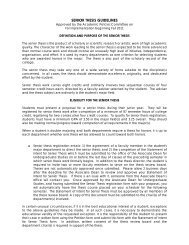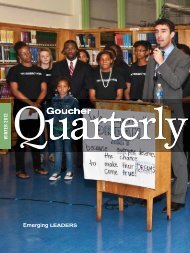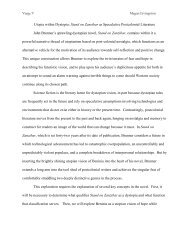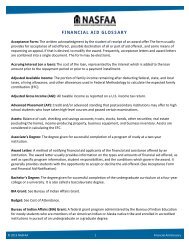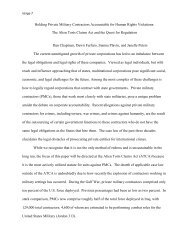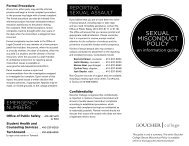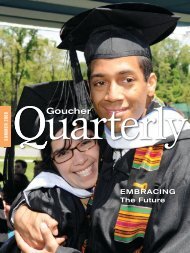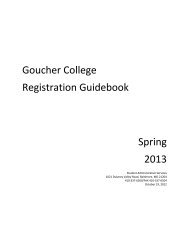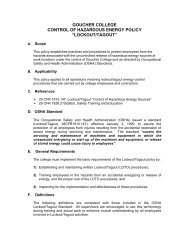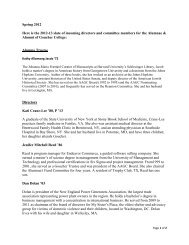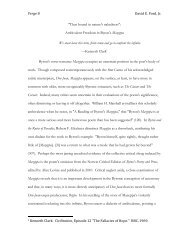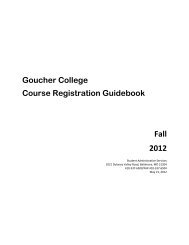Abraham Lincoln and the Northern Anti-War Press
Abraham Lincoln and the Northern Anti-War Press
Abraham Lincoln and the Northern Anti-War Press
Create successful ePaper yourself
Turn your PDF publications into a flip-book with our unique Google optimized e-Paper software.
Verge 6 Wer<strong>the</strong>imer 7<br />
Even politicians were not protected from <strong>the</strong> wrath of <strong>the</strong> <strong>Lincoln</strong> administration. Mayor<br />
Berrett of Washington D.C. was also arrested <strong>and</strong> sent to Fort Lafayette. A known Sou<strong>the</strong>rn<br />
sympathizer, Berrett refused to take <strong>the</strong> oath of allegiance as was expected of him upon being<br />
appointed to <strong>the</strong> Washington Board of Police Commissioners. Berrett claimed he had already<br />
sworn his allegiance in his capacity as mayor, <strong>and</strong> that it was <strong>the</strong>refore unnecessary for him to<br />
take <strong>the</strong> oath again. However, Attorney General Bates thought o<strong>the</strong>rwise, <strong>and</strong> Berrett was<br />
imprisoned. In order to be released, he stepped down from his position as mayor (Sprague 154-<br />
155).<br />
One of <strong>the</strong> more interesting anecdotes from this period involves <strong>the</strong> arrest of Baltimore<br />
resident Francis Key Howard, gr<strong>and</strong>son of Francis Scott Key. Key Howard was incarcerated for<br />
publishing anti-war articles in <strong>the</strong> paper he edited. While imprisoned, he wrote to Seward<br />
dem<strong>and</strong>ing his immediate release, refusing to appear before a military tribunal or apologize for<br />
his actions (R<strong>and</strong>all 504). The most remarkable detail is that Francis Key Howard was arrested<br />
without a warrant or charges brought against him <strong>and</strong> sent to Fort McHenry, <strong>the</strong> exact place<br />
where his gr<strong>and</strong>fa<strong>the</strong>r composed “The Star Spangled Banner” (DiLorenzo 133).<br />
The <strong>Lincoln</strong> administration began its campaign against <strong>the</strong> press earlier in 1861, albeit in<br />
a more subtle manner. In April of that year, <strong>the</strong> government began to censor telegraphs leaving<br />
Washington. Among <strong>the</strong> messages excluded were<br />
communications giving military information, <strong>and</strong> also those which were deemed<br />
to convey too much news concerning <strong>the</strong> activities of <strong>the</strong> Government. Reports of<br />
delicate diplomatic questions, criticisms of Cabinet members, comments giving<br />
<strong>the</strong> mere opinion of correspondents, advance information of contemplated<br />
measures, <strong>and</strong> stories injurious of officers, were denied <strong>the</strong> wires.(R<strong>and</strong>all 482).



